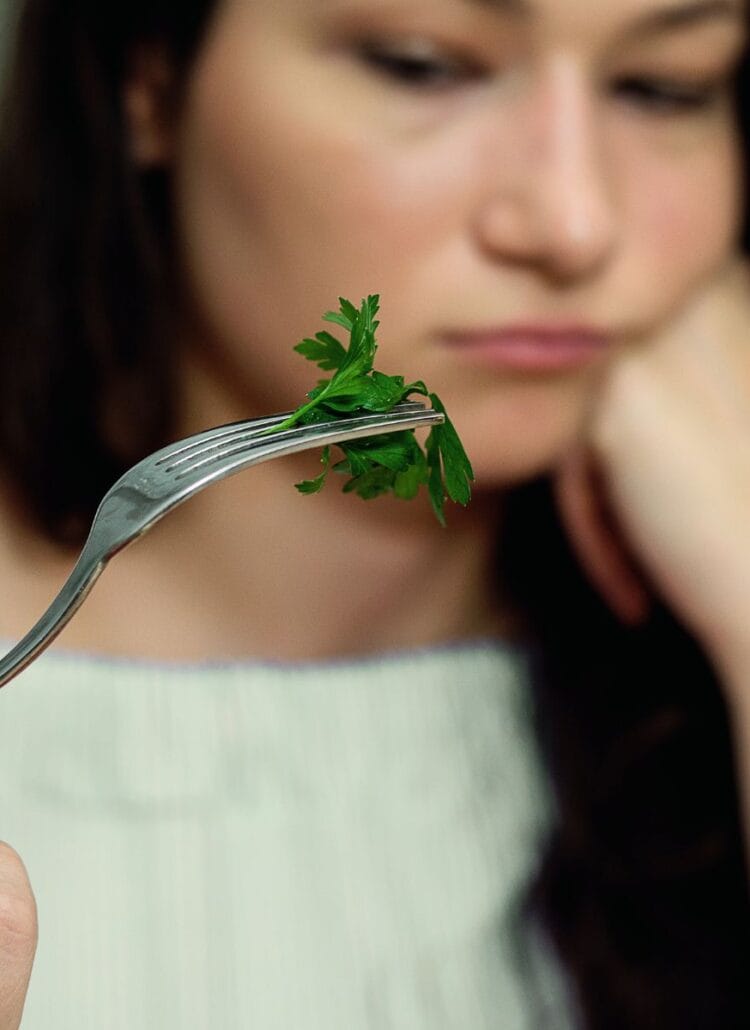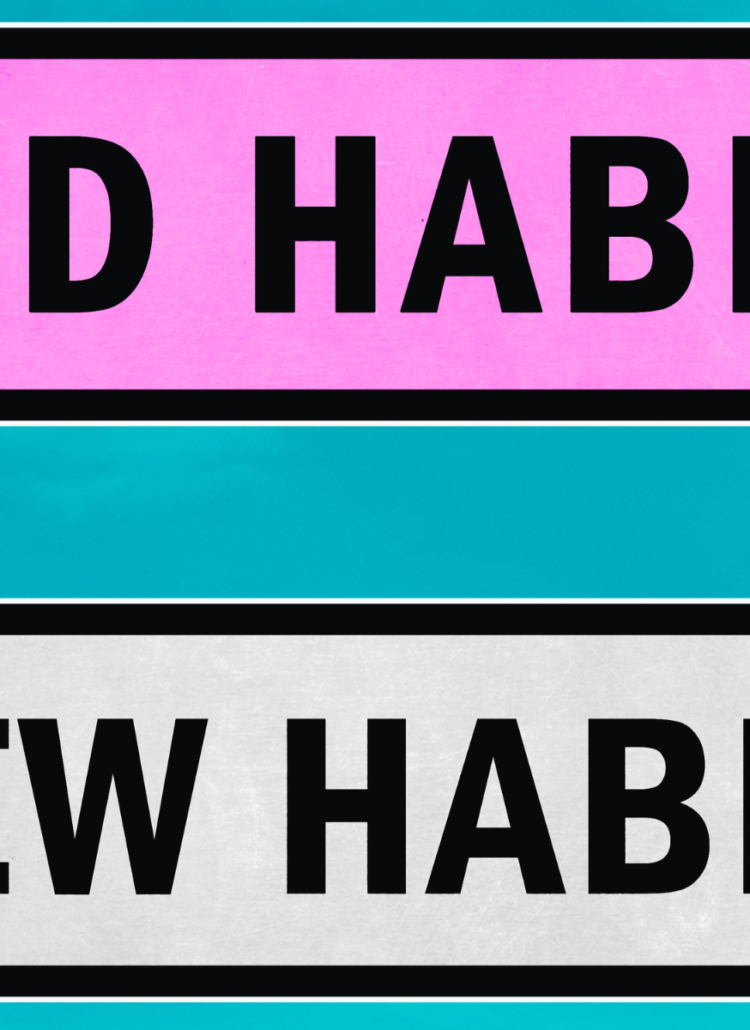
The idea of restricting food can feel like punishment, and many associate dieting with extreme measures that are hard to maintain. There is also the misconception that dieting is unhealthy, leading to fears of nutritional deficiencies or metabolic damage.
But if you want to improve your appearance and overall health, a calorie deficit may be necessary in some situations. That being said, it is crucial to understand that the term “dieting” doesn’t necessarily refer to eating less calories. However, if the type of diet that is suitable for your health improvement requires reducing your calorie intake, there are ways to do it right.
Avoiding Metabolic Adaptation
One of the biggest challenges with long-term calorie deficits is metabolic adaptation. When you consistently eat fewer calories than you burn, your metabolism can slow down as your body adapts to lower energy intake. This is a survival mechanism designed to prevent starvation. Over time, this adaptation makes it harder to lose weight and easier to regain it.
To avoid this, you should take a moderate approach to calorie reduction. A small deficit, rather than a drastic one, helps prevent your body from thinking it’s in crisis mode. Regular refeeding or strategic increases in calories can also prevent metabolic slowdown.
A well-planned cheat day, where you slightly increase your calorie intake without bingeing, can help keep your metabolism functioning efficiently. Instead of seeing a cheat meal as an excuse to overeat, it should be treated as a way to maintain a balance that supports long-term progress.
Prioritizing Protein
Protein is essential in any diet, but it becomes even more critical when maintaining a calorie deficit. Consuming enough protein helps preserve muscle mass, which in turn supports a healthy metabolism. It also keeps you feeling full longer, reducing cravings and the likelihood of overeating.
To ensure you get enough protein, focus on lean sources like poultry, fish, eggs, and plant-based proteins such as lentils and tofu. High-impact protein sources, which are easily absorbed by the body, provide sustained energy and improve muscle recovery. Adding protein to every meal and snack can make it easier to maintain a calorie deficit without feeling deprived.
Being Realistic About Your Approach
Many people set themselves up for failure by drastically cutting calories in an effort to see quick results. While this might lead to short-term weight loss, it is not sustainable. A severe calorie deficit can cause fatigue, irritability, and nutrient deficiencies. Worse, it often results in rapid regain once normal eating resumes.
Instead, aim for a small but steady deficit. The goal is to create a lifestyle that you can maintain rather than a restrictive plan that feels impossible to follow.
The Role of Hydration
Drinking enough water is crucial when following a calorie deficit. Water helps control hunger, supports digestion, and prevents dehydration, which can sometimes be mistaken for hunger. Increasing your water intake can also improve energy levels, making it easier to stay active and stick to your diet.
To make water more enjoyable, try infusing it with fresh fruits, herbs, or a splash of citrus. Herbal teas and sparkling water are also great alternatives to sugary drinks. Since your body uses more water to process food when you are in a calorie deficit, increasing your intake slightly can help prevent fatigue.
Conclusion
Dieting can be approached in a healthier and more sustainable way by focusing on moderate calorie reduction, prioritizing protein intake, and maintaining proper hydration, all while avoiding extreme measures that can lead to metabolic adaptation and feelings of deprivation. Emphasizing balance and realistic goals fosters a lifestyle change that supports long-term health and well-being.
Pin This Post




